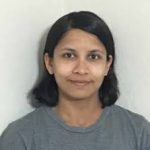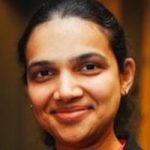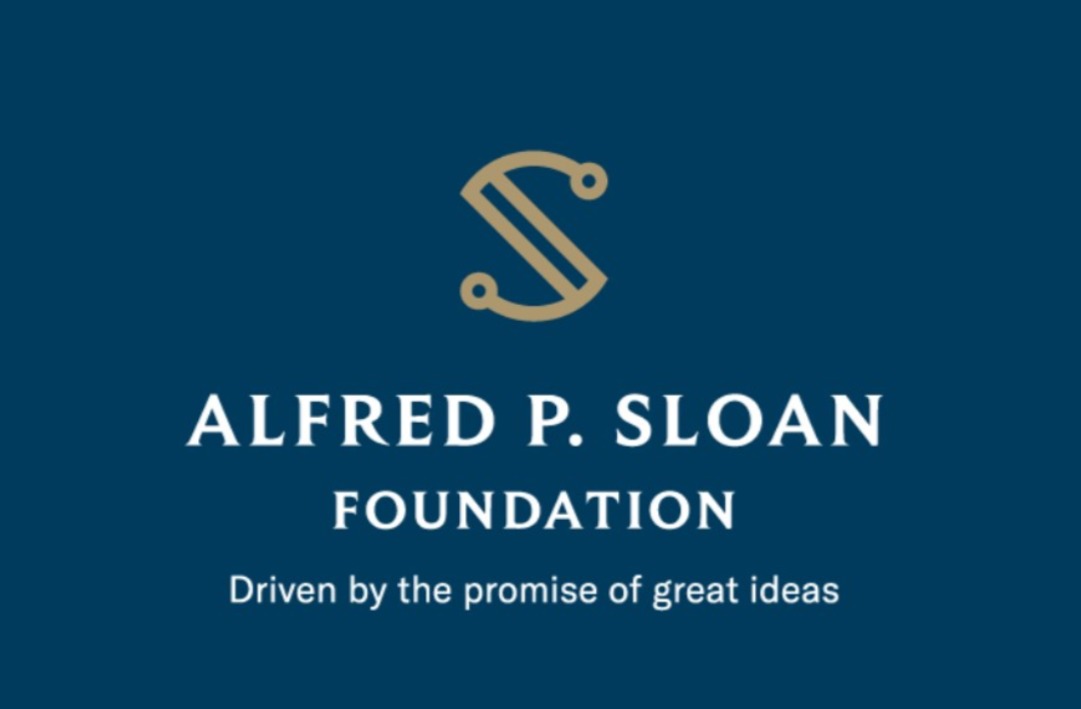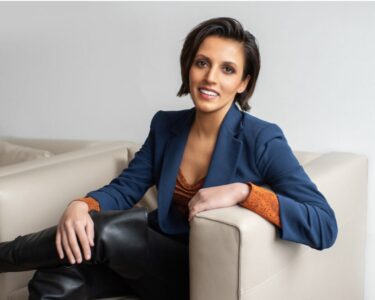Eleven Indian Americans and two Indo-Canadians are among 125 early-career researchers across seven fields selected to receive a 2023 Sloan Research Fellowship.
Awarded annually since 1955, the fellowships honor extraordinary US and Canadian researchers whose creativity, innovation, and research accomplishments make them stand out as the next generation of leaders.
“Sloan Research Fellows are shining examples of innovative and impactful research,” says Adam F. Falk, president of the Alfred P. Sloan Foundation. “We are thrilled to support their groundbreaking work and we look forward to following their continued success.”
Open to scholars in seven scientific and technical fields—chemistry, computer science, Earth system science, economics, mathematics, neuroscience, and physics—the Sloan Research Fellowships are awarded in close coordination with the scientific community.
More than 1000 researchers are nominated each year for 125 fellowship slots. Winners receive a two-year, $75,000 fellowship which can be used flexibly to advance the fellow’s research.
Nominations for the 2024 Sloan Research Fellowships will open on July 15, 2023.
Here is a list of 13 Indian origin Sloan Research Fellows:
 Shaama Mallikarjun Sharada is the WiSE Gabilan Assistant Professor in the Mork Family Department of Chemical Engineering and Materials Science at the University of Southern California. Her research focuses on developing catalysts and photocatalysts to meet energy efficiency and sustainability goals.
Shaama Mallikarjun Sharada is the WiSE Gabilan Assistant Professor in the Mork Family Department of Chemical Engineering and Materials Science at the University of Southern California. Her research focuses on developing catalysts and photocatalysts to meet energy efficiency and sustainability goals.
She received her undergraduate degree in Chemical Engineering from the Indian Institute of Technology, Bombay, and PhD from the University of California at Berkeley, where she also served as a software developer for Q-Chem, a quantum chemistry package.
She was a postdoctoral researcher at Stanford University before joining USC in Fall of 2017.
 Eshan Chattopadhyay is an assistant professor in the Department of Computer Science at Cornell University. His main research area is computational complexity theory, a discipline within theoretical computer science that tries to understand the intrinsic hardness – or ease – of problems concerning computational resources. Future work will explore the intrinsic need for randomness for efficient algorithm design.
Eshan Chattopadhyay is an assistant professor in the Department of Computer Science at Cornell University. His main research area is computational complexity theory, a discipline within theoretical computer science that tries to understand the intrinsic hardness – or ease – of problems concerning computational resources. Future work will explore the intrinsic need for randomness for efficient algorithm design.
Anirudha Majumdar, an assistant professor of mechanical and aerospace engineering at Princeton University works on building autonomous robotic systems.
 Currently, most robots are deployed in tightly controlled environments, like factories. Majumdar and his lab are working to build drones and other robots that can operate safely in a more complex environment, enabling them to see obstacles and adapt to diverse and changing conditions.
Currently, most robots are deployed in tightly controlled environments, like factories. Majumdar and his lab are working to build drones and other robots that can operate safely in a more complex environment, enabling them to see obstacles and adapt to diverse and changing conditions.
Majumdar joined the Princeton faculty in 2017 and leads the Intelligent Robot Motion Lab. He received a doctorate from the Massachusetts Institute of Technology, a bachelor’s degree from the University of Pennsylvania and postdoctoral research in Stanford University’s Autonomous Systems Lab.
 Rashmi Vinayak, an assistant professor in the Computer Science Department at Carnegie Mellon University leads the CMU TheSys research group. She is also a part of the Parallel Data Lab (PDL).
Rashmi Vinayak, an assistant professor in the Computer Science Department at Carnegie Mellon University leads the CMU TheSys research group. She is also a part of the Parallel Data Lab (PDL).
Her research interests broadly lie in computer/networked systems and information/coding theory, and the wide spectrum of intersection between the two areas.
She received her Ph. from UC Berkeley in 2016 where she worked on resource-efficient fault tolerance for big-data systems, and was a postdoctoral scholar at UC Berkeley’s AMPLab/RISELab from 2016-17.
Read the rest @ https://www.americanbazaaronline.com/2023/02/20/11-indian-americans-among-2023-sloan-research-fellows-452578/






